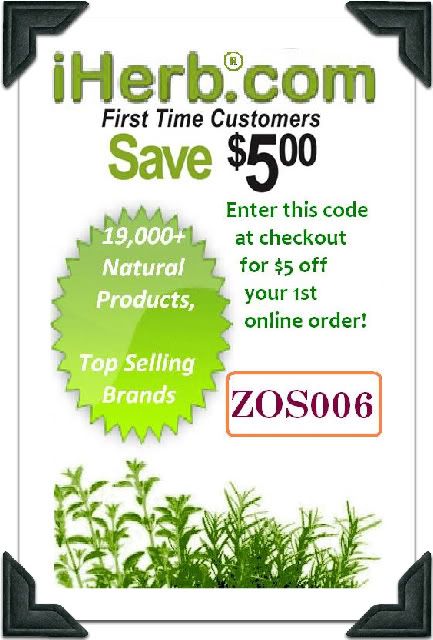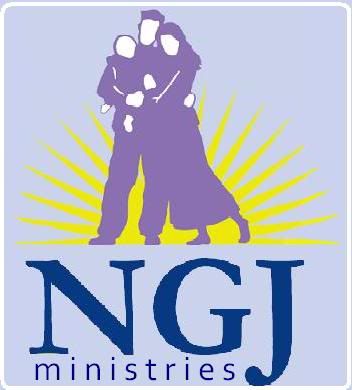And God said, Behold, I have given you every herb bearing seed, which is upon the face of all the earth, and every tree, in the which is the fruit of a tree yielding seed; to you it shall be for meat.
Healthy plants and animals have been designed to reproduce after their own kind. As gardening practices developed, seeds were saved from the previous season for planting the following season. Farmers would select seeds from the plants that fared the best in their environment.
In recent history, major US corporations have been formed which retail seeds to farmers. This has been a beneficial relationship as it saved the farmer labor hours and allowed him to try new varieties of crops. The corporations were able to devote their resources exclusively to seed collection, storage and retail.
Scientific developments have made it possible to alter seeds in order to increase their profitability. Some of these newer methods have had dire consequences for farmers, food quality, and the consuming public. In the name of protecting standards, this new technology could create a world-wide dependency on seed corporations. This would be accomplished by retailing seeds that have been engineered to produce for one season and then yield seeds that are either sterile or very unpredictable in their ability to reproduce.

Three popular methods currently used to accomplish this include hybrid plants, genetically modified (GM) seeds and Terminator Technology.
Hybrid plants can produce food and seeds, but their seeds don't produce after their own kind because the plants are a cross of two different varieties. Genetically modified (GM) seeds are designed to produce plants resistant to chemical poisons and sprays. This enables farmers to use more chemicals during the growing season which has a damaging effect on the soil and the microbial and micronutrient content available to the plants. Terminator Technology is a type of genetic modification that insures
 a seed will only produce plants for one season, rendering subsequent seeds sterile.
a seed will only produce plants for one season, rendering subsequent seeds sterile.Individuals can act to help insure that a fertile source of seeds remain available to the general public by starting their own seed banks. You don’t have to be a farmer to harvest and store seeds for future use. When purchasing seeds, look for catalogs that state they do not retail GM seeds. Purchase only heirloom seeds, as these are unaltered. Look for fruits, vegetables, grains and various herbs that you would use for seasoning, spice and/or medicinal purposes.
Seeds harvested from flowers, fruits, vegetables and herbs can be placed onto waxed or parchment paper to air dry at room temperature. Use a marker to label the paper, so you won't forget the date and the variety. When dry, move the seeds to a labeled paper envelope. This can be kept in a glass jar in your refrigerator for long term storage. If you have dark, cool, dry area, seeds are generally known to store well in such an environment. For grass and grain seeds that would be broadcast over a large area, you may want to make some seed balls for convenience in storage and later planting.
But why store seeds if you don’t plan to grow them?

Currently, there is a bill before Congress (H.R. 875) that threatens to so regulate sources of food that it has the potential to put a stop to roadside stands, backyard gardens and organic farming practices. Whether this will become law and how it will be enforced remains to be seen. Yet, it may be wise to begin saving seeds now, while the practice is still unregulated.
Consider harvesting and storing seeds that you may not be interested in growing. Do your research and label the seeds with both their botanical and common names. There are internet sites devoted to trading seeds. You may be able to get the seeds you want for free by trading your unwanted surplus.
Without heirloom seed companies, these seeds could cease to exist. In the current economic and political climate, this is a possibility. Individuals that enjoy the freedom of growing their own foods -- or even purchasing foods grown without chemicals -- would do well to take the time to secure their source of heirloom seeds.
No Greater Joy Magazine is a bi-monthly publication that featuring articles on simple living and strengthening family ties. Visit Mike and Debi Pearls’ web site at www.NoGreaterJoy.org to get your free subscription today.
How to Harvest & Dry Seeds -- powered by eHow.com









No comments:
Post a Comment